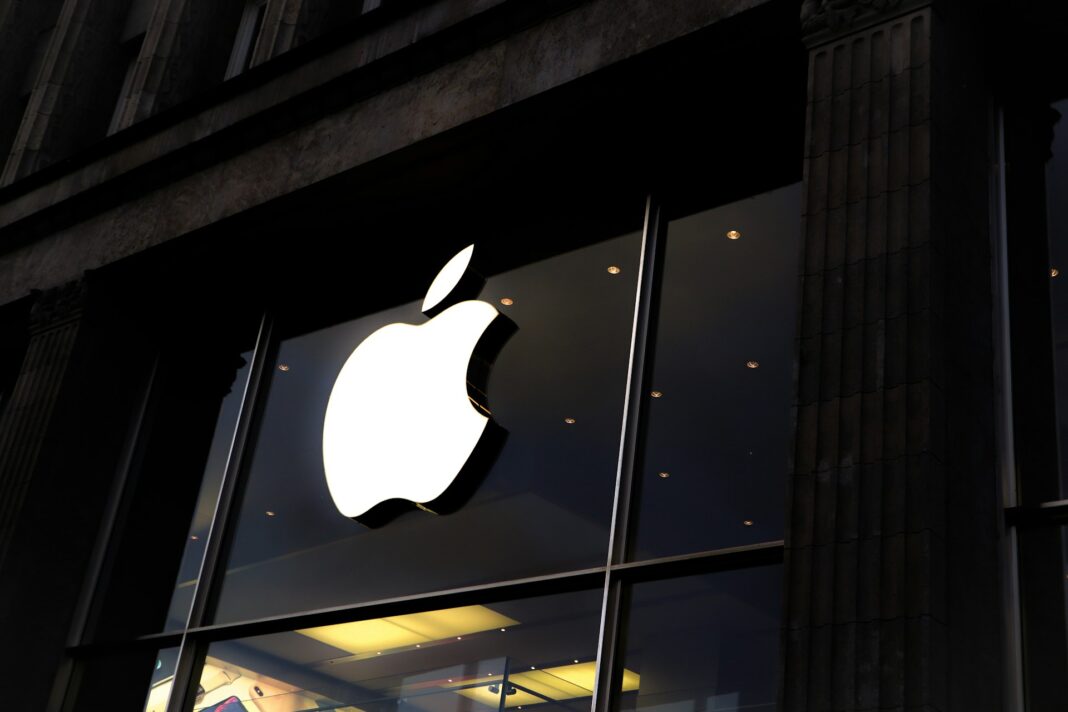Apple loses first-ever UK collective action trial in £1.5bn App Store competition case
Apple has been ordered to pay damages of up to £1.5bn after losing a landmark collective action in the UK’s Competition Appeal Tribunal (CAT), the first case brought under the country’s class action regime to reach a successful conclusion at trial.
The judgment marks a major victory for law firm Hausfeld, which represented some 36 million iPhone and iPad users on behalf of lead claimant Dr Rachael Kent, a senior lecturer at King’s College London. The claim was funded by litigation funder Vannin Capital and opposed by Apple’s legal team at Gibson Dunn.
In a detailed 400-page ruling handed down on Thursday, the CAT found that Apple had abused its dominant market position by imposing exclusionary practices and charging excessive and unfair commission fees on purchases made through its App Store. The tribunal concluded that these practices breached both UK and EU competition law and had caused around £1.5bn in losses over a ten-year period.
Embed from Getty Images
The tribunal said the 30% commission Apple charged on app purchases, subscriptions and in-app transactions could not be justified as proportionate. “In our view, the restrictions cannot sensibly be justified as being necessary or proportionate to deliver the benefits which Apple puts forward as flowing from its objective of an integrated and centralised system,” the panel said.
“On the contrary, the competition which would exist absent the restrictions is in our view much more likely to deliver the benefits that consumers want, in the form and at the price point they want them.”
Apple immediately confirmed its intention to appeal, arguing that the tribunal had “taken a flawed view of the thriving and competitive app economy”. The company said it would continue to defend its position vigorously in the courts.
The decision represents the first major success for the UK’s collective action framework since it was introduced by the Consumer Rights Act 2015. It is being closely watched by policymakers and industry observers as the Department for Business and Trade reviews the operation of the regime following a recent call for evidence.
Dr Kent described the outcome as a “landmark victory” for consumers and small businesses who rely on digital platforms. “This case proves that the UK’s collective action regime is working,” she said. “It empowers ordinary people and small businesses to hold even the most powerful corporations to account. Today’s ruling sends a clear message: no company, however wealthy or powerful, is above the law.”
Hausfeld partner Lesley Hannah led the legal team for the claimants, supported by barristers Mark Hoskins KC and Matthew Kennedy from Brick Court Chambers, together with Tim Ward KC, Michael Armitage and Antonia Fitzpatrick from Monckton Chambers.
The case against Apple focused on its long-standing policy of requiring app developers to use its proprietary payment system, through which all transactions are subject to a 30% commission. The claimants argued that the policy restricted competition, inflated prices, and limited consumer choice. The tribunal agreed, finding that Apple’s conduct effectively excluded rival payment systems and prevented innovation in app distribution.
The ruling comes at a time of heightened regulatory scrutiny of major technology platforms. Earlier this week, the Competition and Markets Authority designated both Apple and Google as having “strategic market status” under new UK competition powers. The designation is not a finding of wrongdoing but enables the CMA to impose targeted interventions to ensure fair competition in the digital economy.
A similar collective action against Google concerning fees on its Play Store is due to be heard early next year. That case, also backed by Vannin Capital and led by consumer rights advocate Liz Coll, is being pursued by the same legal team at Hausfeld.
The CAT’s decision in the Apple case will serve as a defining precedent for future collective proceedings in the UK, setting the standard for how large-scale consumer claims against global technology companies are assessed and resolved.
